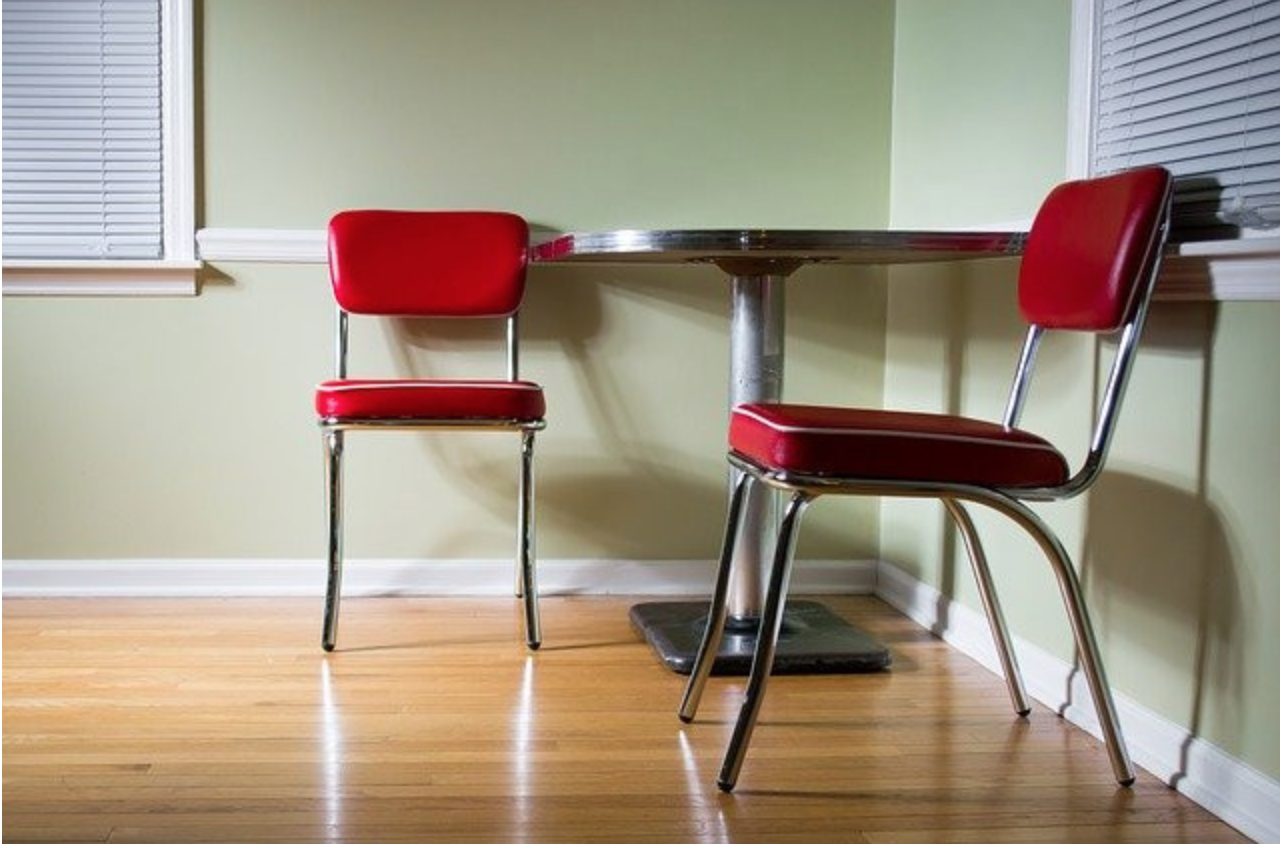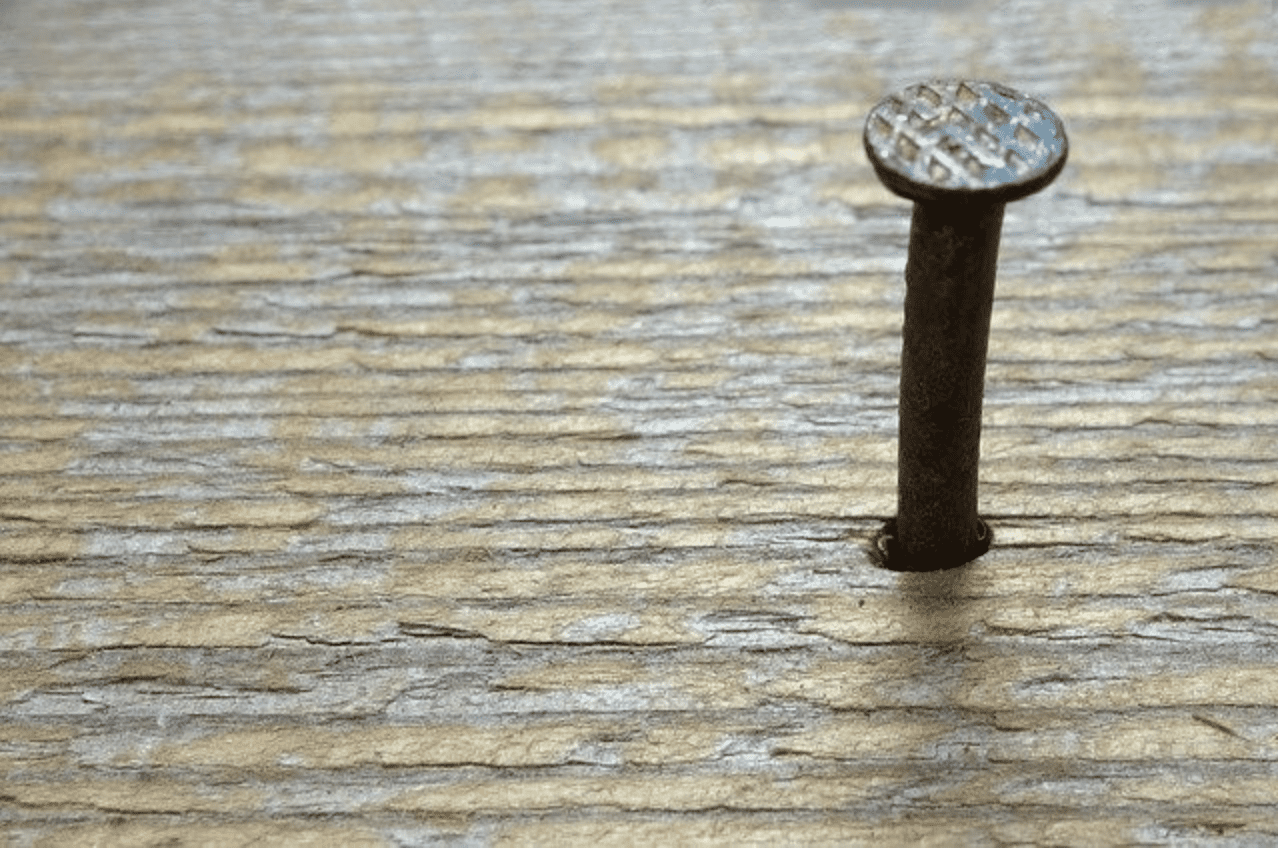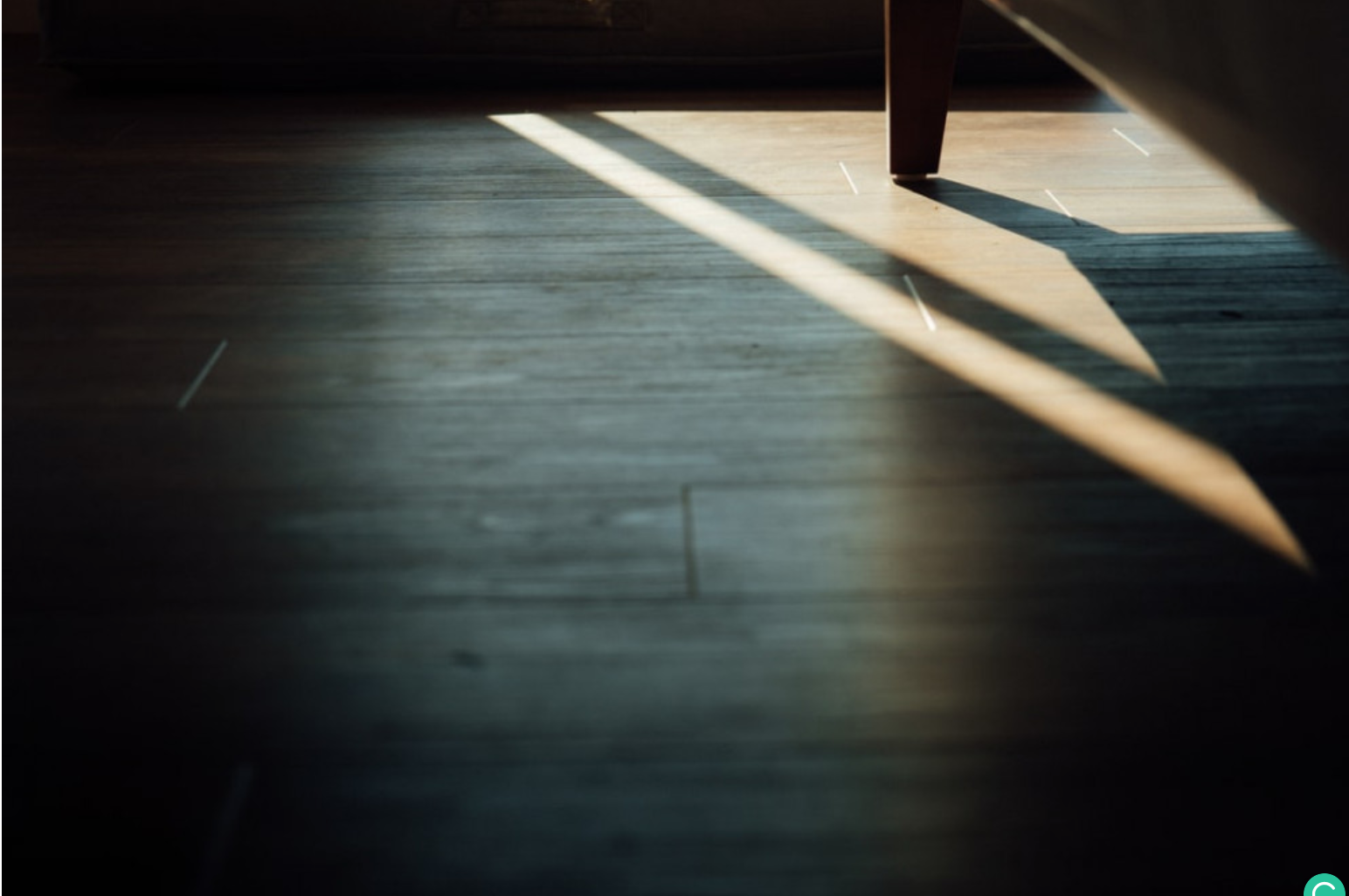If you’re thinking about remodeling your home, there may be a lot to consider. There are undoubtedly many important decisions to make from what color to paint the living room to what type of backsplash you want for your kitchen. But perhaps the most important is what type of flooring you want to put in. A popular option is vinyl flooring, which is both water and stain-resistant. Like most things, vinyl flooring has its own set of advantages and disadvantages.
Let’s go over what they are, but before we do that, we need to understand what vinyl flooring is.
What Is Vinyl Flooring?
Vinyl flooring is extremely popular in households and is known as the synthetic cousin of linoleum. There are two main types of vinyl flooring – sheet flooring and tile flooring. With sheet flooring, the material is laid down in sheets that are 6 or 12 feet wide.
Tile flooring is more affordable and takes on the look of a ceramic floor tile, which is what makes it more popular than sheet flooring. There are two main versions of tile flooring: 1) plank and 2)peel and stick. Both types of vinyl flooring are ideal in commercial settings or in areas where there is a lot of traffic. In homes, vinyl flooring is typically installed as a replacement for carpet and is used in areas where there tends to be a lot of moisture present.
Vinyl flooring is covered with a layer of vinyl paint and a protective coating over it that keeps it from getting scuffed or worn too quickly.
Main Types of Vinyl Flooring
This video from The Home Depot goes over the three most popular vinyl flooring options you may have to decide from: Plank, Sheet and Peel and Stick.
Advantages of Vinyl Flooring
Vinyl flooring has improved over the years making it attractive and affordable for homeowners. Vinyl flooring is the second-largest selling plastic in the world thanks to the introduction of luxury vinyl tiles and planks. With that in mind, these are some great reasons to consider vinyl flooring when looking for new floors for your home.
Durable
It is extremely durable and can withstand a large amount of foot traffic. Vinyl flooring comes with a protective coating over it that keeps it from getting scuffed or worn too quickly.
Low Maintenance
It is low maintenance and easy to clean. Vinyl floors can be swept and mopped without the need for any harsh chemicals or expensive cleaning products. They also resist water spills, which makes them a great choice in kitchens and bathrooms.
You can use anything from a soft bristle broom to a microfiber sweeper to clean any debris off the floor. If you are busy with kids or pets, you’ll appreciate how low-maintenance vinyl floors are.
Variety of Colors and Patterns
There are many different colors, textures, and thicknesses available today that make it possible to choose one that will go with the decor of your home.
For example, vinyl can take on the appearance of hardwood or even marble. Whatever your tastes are, it’s safe to say you’ll find the vinyl flooring that is right for you.
Easy to Install and Versatile
It is easy to install and some types like planks require no glue or nails. Vinyl floors can be installed on top of any existing surface, making them extremely versatile for homeowners looking to save money by not replacing their expensive surfaces like ceramic tiles.
Comfort
Vinyl is generally much more comfortable than other types of flooring –except carpet. It doesn’t get as cold during the cold winter months, and it is much softer underneath your feet than ceramic or wood. This is particularly beneficial for households with children because if a child happens to fall, they won’t get hurt as much.
Easier on the Wallet
One of the well-known advantages of vinyl flooring is its cost. Vinyl is an affordable flooring option for consumers looking for a material with lasting qualities.
The Home Depot shows the following average costs for sheet and tile flooring.
| Type of Flooring | Materials Cost | Labor Costs | Total Costs |
| Vinyl Sheet | $1-$2 per sq. ft. | $1-$2 per sq. ft. | $2-$4 per sq. ft. |
| Vinyl Plank | $2-$3 per sq. ft. | $2-$3 per sq. ft. | $4-$6 per sq. ft. |
While the materials cost will be almost exclusively based on the number of square feet you need, labor is usually based on the number of hours worked. Thus, several other factors may impact your overall labor cost, including:
- How many pieces of furniture you have, and how difficult they are to move
- Whether your old flooring needs to be removed or you want it to be removed
- What type of flooring preparation your space needs
- How complicated is the room layout for molding, trims, and transitions
Bear in mind that while the overall cost is higher for vinyl plank than vinyl sheet, plank is an easier DIY undertaking. If you think you can handle this job, you can save labor costs and have a cheaper final cost than vinyl plank. On the other hand, if you don’t like this type of project and value your time, you may be better off letting someone else do it.
Disadvantages of Vinyl Flooring
Despite the many advantages that come with having vinyl flooring, there are also several disadvantages that come with it.
Hard to Remove and Repair
While vinyl flooring is relatively easy to install, it can also be pretty challenging to remove or repair, so if you ever change your mind and want to put in new flooring, you can expect to have a hard time removing the vinyl.
This is especially true for the glue-down type of vinyl flooring. Because this type of vinyl has adhesive or glue, it is hard to remove and very hard to repair once the adhesive hardens to the subfloor.
The floating or plank types don’t have adhesive and are easier to remove and repair.
Shorter Lifespan Than Wood Floors
Vinyl flooring is an affordable substitute for other more costly materials, such as wood, but it has a significantly shorter lifespan. Vinyl flooring only lasts anywhere between 10 to 20 years. On the other hand, good quality wood can last close to 100 years with proper care.
Not Recommended for the Outdoors
Vinyl flooring is not recommended for use outdoors because not only does it not do well under heavy loads such as barbecue grills and patio furniture, but also because the colors can fade over time when exposed to too much sunlight. It also tends to deteriorate when it is placed under extreme temperatures.
It Will Not Increase Resale Value
Even though vinyl flooring can look almost as good as natural wood, it is not the same. It is considered a bargain, and as a result, buyers would not be willing to pay a premium on your house for that.
No matter what type of vinyl you choose, it won’t have the prestige of other high-quality materials, such as wood and ceramic tiles, which may increase your house appeal for some buyers.
Conclusion
While there are both advantages and disadvantages to vinyl flooring, most people would agree that it is a good affordable alternative to other premium floorings. Vinyl also offers easy installation for the right DIY enthusiast, which means you may not have to hire someone else to do the work for you.
Video Summary
I have created a quick summary video for this blog post. If you like this video, consider subscribing to the House Notebook Youtube Channel.
Related Posts:



